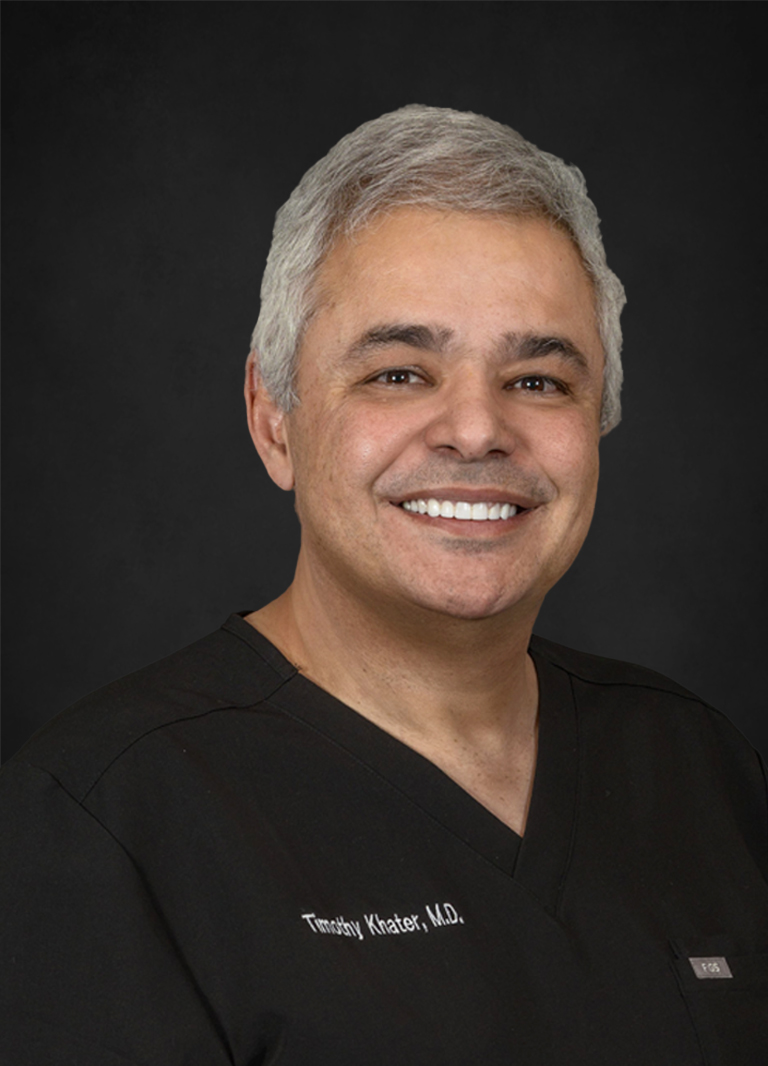The LASIK Procedure
LASIK is an outpatient surgery. The procedure usually takes about 10 to 15 minutes to perform by an ophthalmologist (surgeon).
Before the procedure, topical anesthetic drops are used to numb the eyes to prevent any discomfort. Medication may also be approved to help the patient relax. After the drops are used, a lid speculum is used to keep the eyes from closing and a femtosecond laser creates a thin flap over the cornea. Some corneal tissue is removed using a specialized excimer laser. The LASIK process helps light focus on the retina, which improves vision.
Each LASIK procedure is customized to meet the vision goals of each patient. The type of LASIK surgery will differ slightly for those with different vision challenges.
Once the cornea is reshaped, the flap is replaced over the tissue that was removed. The cornea will then heal naturally.
Advanced LASIK Technology
In the LASIK procedure, surgeons use highly specialized lasers called excimer lasers to reshape the cornea and correct refractive errors.
Femtosecond Lasers are used at West Texas Eye Associates to create the initial flap. These lasers are the pinnacle of laser technology development. This laser creates the flap to exact dimensions, helping it conform to your eye’s unique anatomy and ensuring the flap fits back in place securely.
Wavefront-guided lasers are used in LASIK to allow surgeons to map defects in the optical system of the eye. These devices show how light travels through the eye and help to produce a custom LASIK treatment plan for each patient.
We use the most advanced technology to evaluate your eyes and perform your laser vision correction. This includes the amazing iDesign Advanced WaveScan Studio System. The iDesign System generates a scan of the eye that is 25 times more precise than traditional methods used to measure and correct vision. The development of the technology in the iDesign was used by NASA on a telescope for use in space!
When combined with our Intralase femtosecond laser and VISX S4 refractive laser, we offer full laser-based surgery, with no blades, and with the greatest precision.
LASIK Recovery
Following a LASIK procedure, your eyes may feel a bit irritated or watery for a few hours. It is normal to have blurry vision following the surgery, which typically improves within a day or two. The majority of patients feel comfortable after taking a short nap with protective eye shields to keep from rubbing their eyes.
Most patients will notice their vision improving significantly within a few days of having a LASIK procedure. It is a good idea to get plenty of rest and follow your doctor’s instructions about any medications prescribed. Refrain from rubbing your eyes or participating in vigorous physical activity for at least a week. Some doctors recommend taking a day or two off from work but many people can return to work the next day.



